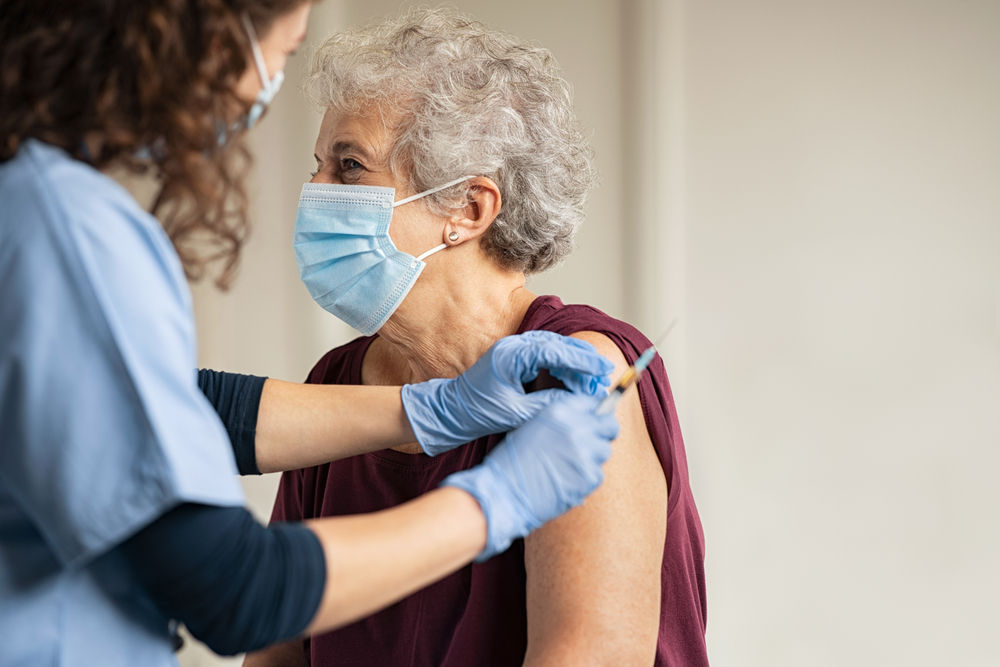Newsletter Signup - Under Article / In Page
"*" indicates required fields
U.S. biotech company Immorna says the U.S. Food and Drug Administration (FDA) has cleared its investigational new drug (IND) application to conduct a phase 1/2 multi-center study of JCXH-221, a lipid nanoparticle (LNP) complexed broadly protective mRNA vaccine against SARS-CoV-2 infection and diseases.
The goal of the multi-center study is to assess the safety and immunogenicity of JCXH-221 in healthy adult subjects.
“We are excited to receive our second U.S. IND clearance this year for our innovative RNA-based pipeline asset, and further strengthen our portfolio,” said NgocDiep Le, global chief medical officer of Immorna.
“Vaccination remains a key component of the complex approach required to reduce the impact of SARS-CoV-2 infection and diseases. The continued emergence of new variants, the waning of the immune response after vaccination, and the limited availability of currently approved vaccines in lower-income countries, necessitate the development of new Covid-19 vaccine candidates with broadly protective potential and ready availability for rapid pandemic response. We strongly believe that JCXH-221 is an excellent vaccine candidate to address this unmet medical need.”
JCXH-221 is a mono-valent yet broadly protective mRNA-LNP vaccine. Once administered, the single chain mRNA will translate and be spontaneously assembled into multimers that contain immune epitopes from several SARS-CoV-2 strains. The multimer configuration is believed to further enhance their immunogenicity. In preclinical testing, JCXH-221 elicited robust neutralizing antibodies against an assay of viral strains, including the ancestral, Beta, Delta, Omicron BA.1, BA.2.12.1, and BA.4/5. JCXH-221 is formulated with a thermal stable nanoparticle delivery system that is stable at 2-8°C for at least 18 months.
Immorna vaccine: more affordable and accesible
Zihao Wang, co-founder and chief executive officer of Immorna, added: “The Covid-19 virus will likely remain a challenge for the foreseeable future and continue to evolve. New variants may be able to evade the protective immunity that individuals have established from prior infection or immunization. A resurgence of the past, more lethal, variants could also have a devastating effect on those whose immunity has waned.
“Therefore, we believe developing a broadly protective (ideally universal) COVID-19 vaccine is critically important to keep this virus under control. Additionally, lessening the ultra-low temperature storage and transportation requirements could enable a more affordable and accessible vaccine option worldwide. We believe the combined features of JCXH-221 could address these needs and make it well positioned to become a next generation vaccine against this evolving pandemic.”
The phase 1 part of this study will be a randomized, double-blinded, placebo-controlled, dose-escalation study to assess the safety, immunogenicity, and determine the recommended phase 2 dose (RP2D) for JCXH-221. The phase 2 part will be a randomized, double-blinded, active-controlled study to further characterize the safety and immunogenicity of JCXH-221 at the RP2D.






